The Supreme Court’s consideration of NetChoice vs. Paxton and Moody vs. NetChoice represents a pivotal moment for free speech and content moderation on social media, challenging the balance between Big Tech’s editorial rights and state-imposed restrictions on content censorship. The outcomes could redefine digital platforms’ responsibilities and the legal landscape of online expression.
Legal Challenges
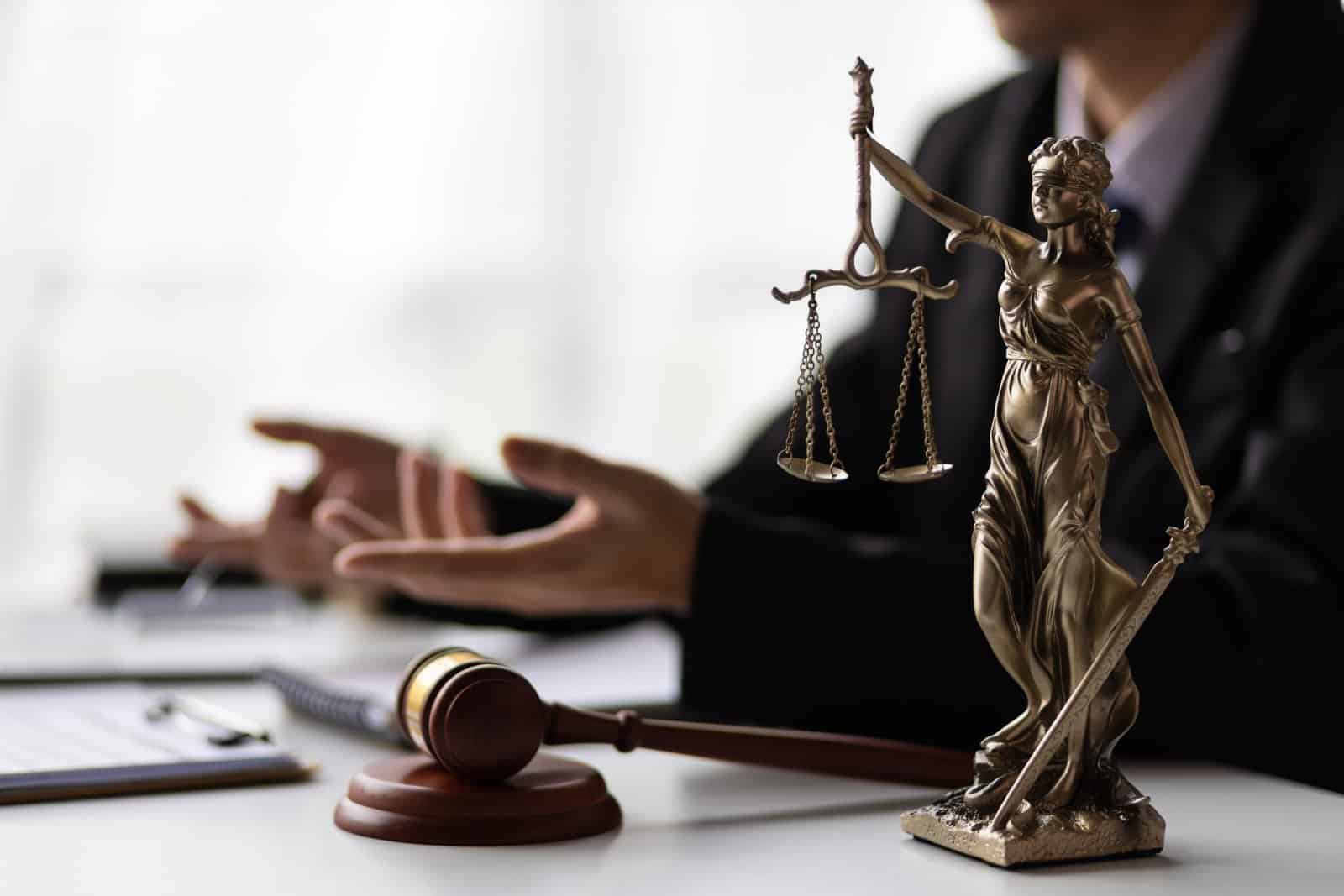
In a recent case, the Supreme Court heard oral arguments in NetChoice vs. Paxton and Moody vs. NetChoice, focusing on Texas and Florida laws that limit social media companies’ ability to censor content, raising questions about the future of free speech on social media platforms.
State Laws
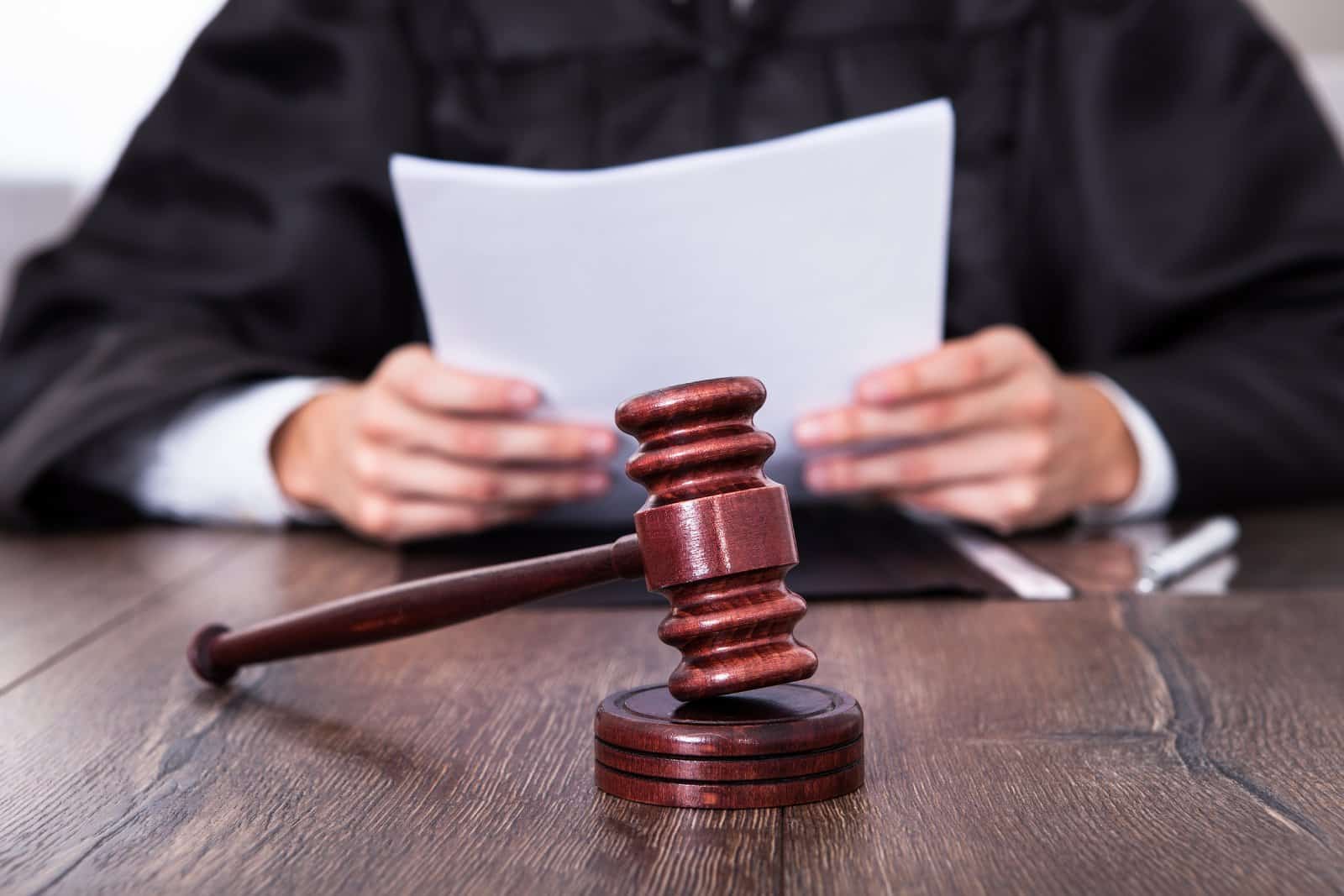
Texas law prohibits platforms with over 50 million users from removing content based on viewpoints. In contrast, Florida law bans the removal of political candidate speech, requiring platforms to explain content moderation decisions.
Conservative Bias

These state laws were prompted by perceptions of anti-conservative bias on social media, though evidence to support this claim is lacking.
Compelled Speech
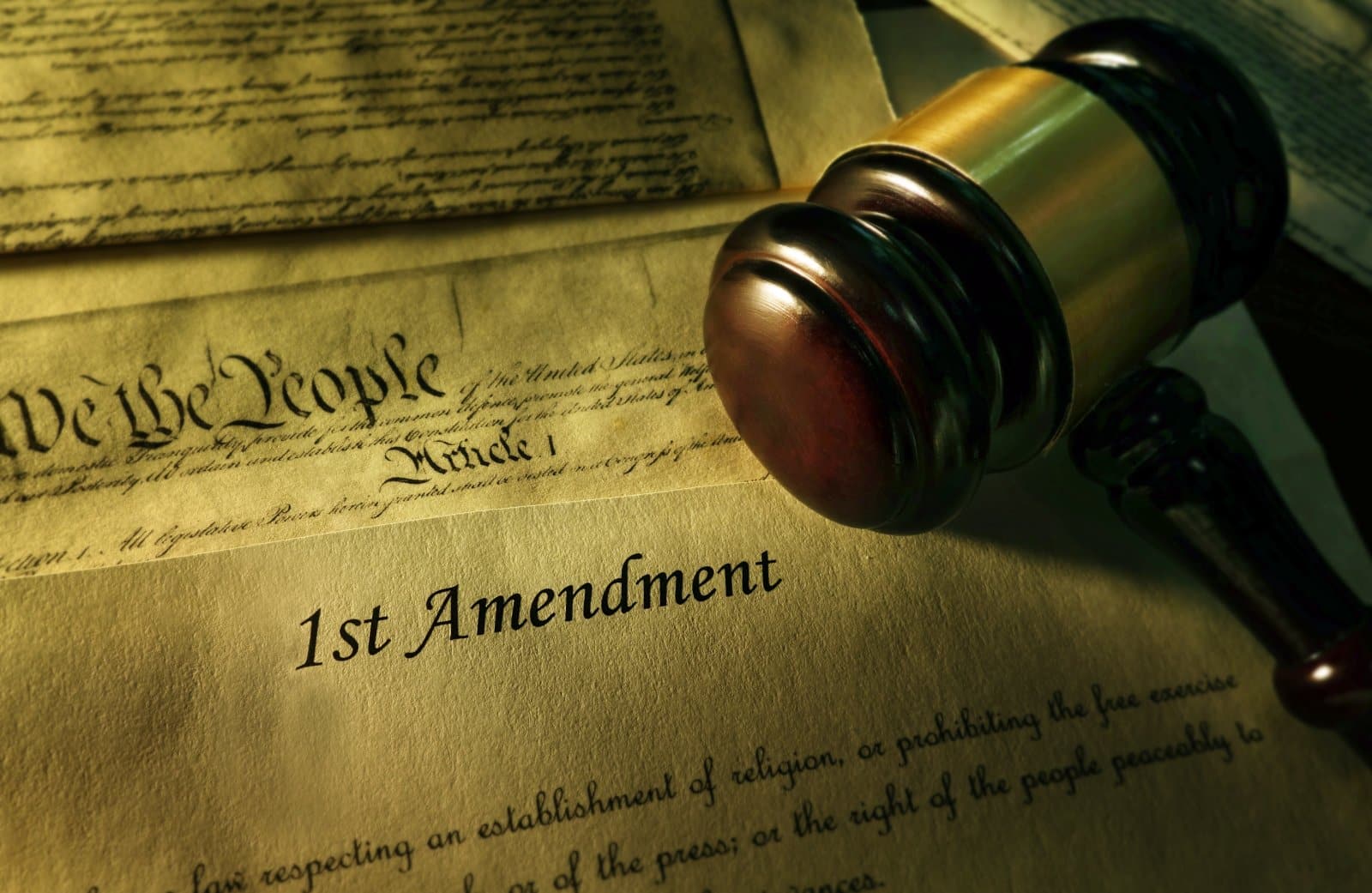
Big Tech, represented by NetChoice, challenges these laws as violations of their First Amendment rights, arguing that forcing websites to keep content could be considered compelled speech, where the government forces an individual or entity to express ideas or messages that they do not agree with.
Judicial Arguments
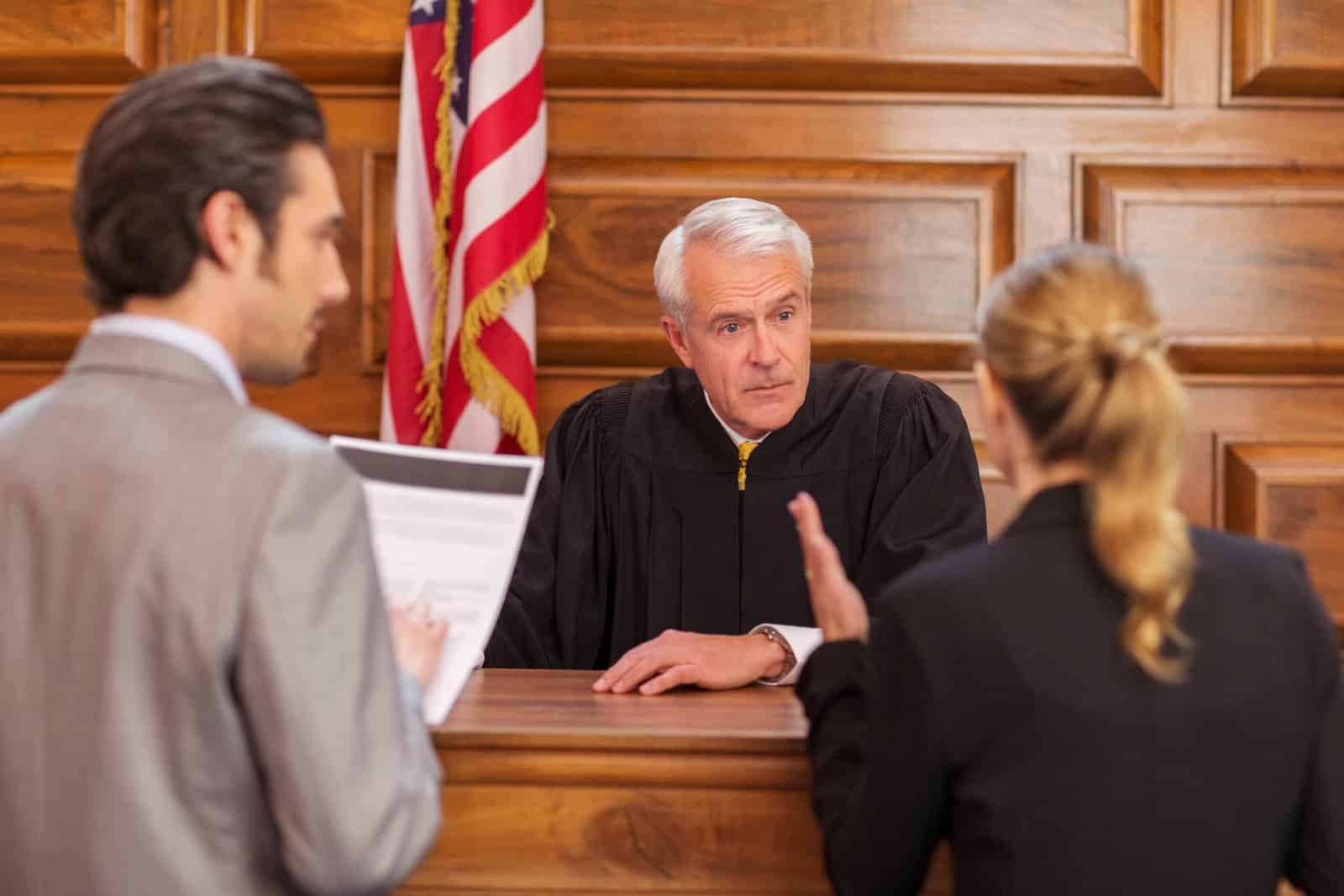
The Supreme Court justices appeared divided, with some drawing parallels between social media platforms and traditional newspapers, questioning the applicability of editorial rights to digital platforms.
Regulating Big Tech

Justice Clarence Thomas and Elena Kagan’s previous opinions suggest digital platforms could be considered common carriers, indicating a potential legal framework for regulating Big Tech’s content moderation practices.
Muzzle Speech
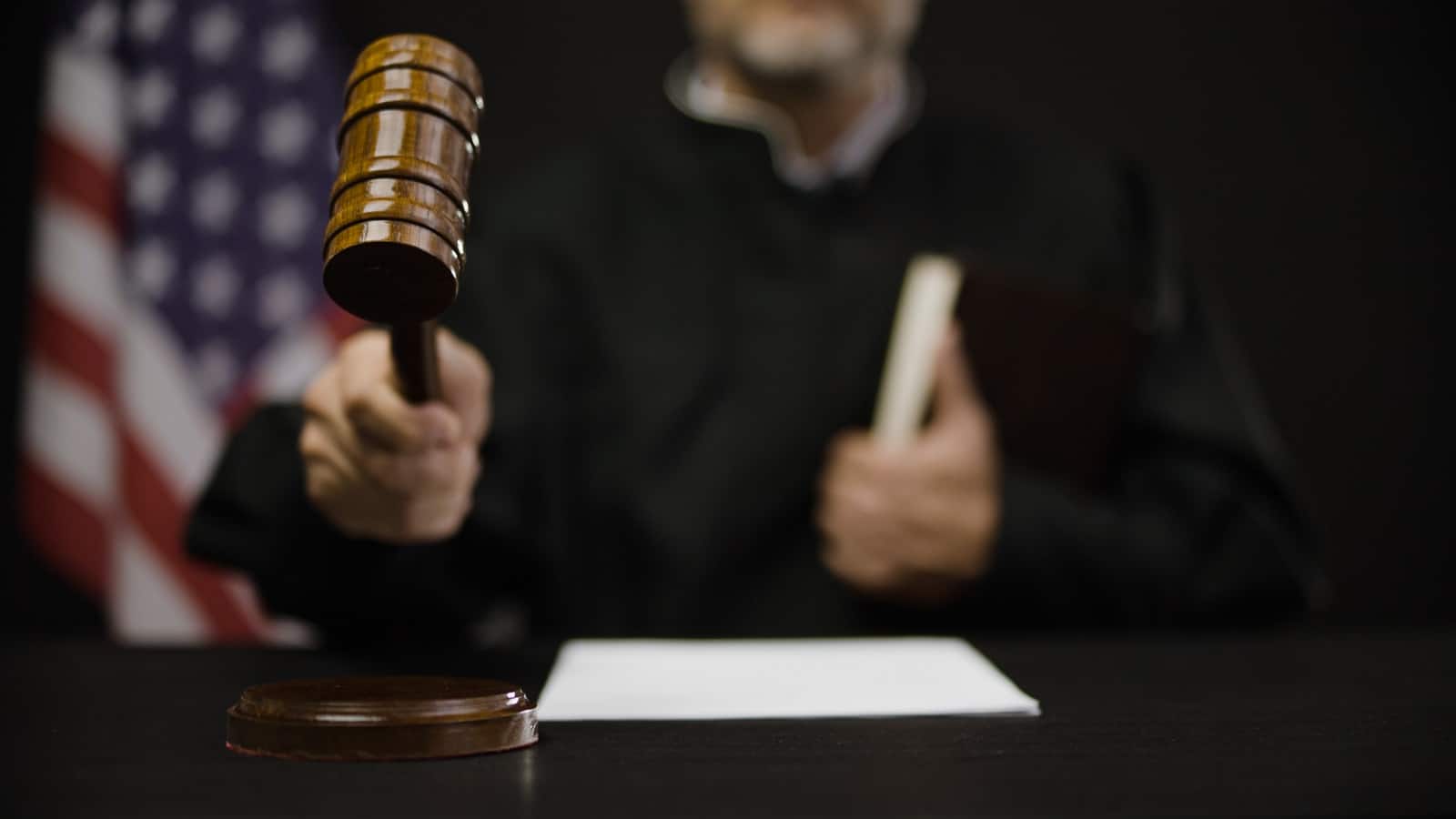
The Fifth Circuit Court rejected Big Tech’s argument against the Texas law, highlighting the absurdity of claiming a corporate right to muzzle speech.
Implications for Content Moderation

If upheld, the Texas and Florida laws could redefine the scope of free speech on the internet, potentially limiting social media platforms’ ability to moderate content.
The cases raise broader questions about the role of state governments in regulating online platforms and the balance between free speech and harmful content.
Digital Free Speech

Social media platforms’ extensive content moderation efforts, including removing hate speech and misinformation, underscore the complexity of applying traditional free speech principles to digital spaces.
The outcome of these cases could establish new precedents for the regulation of digital platforms, affecting how hate speech, misinformation, and political content are managed online.
Key Legal and Ethical Considerations
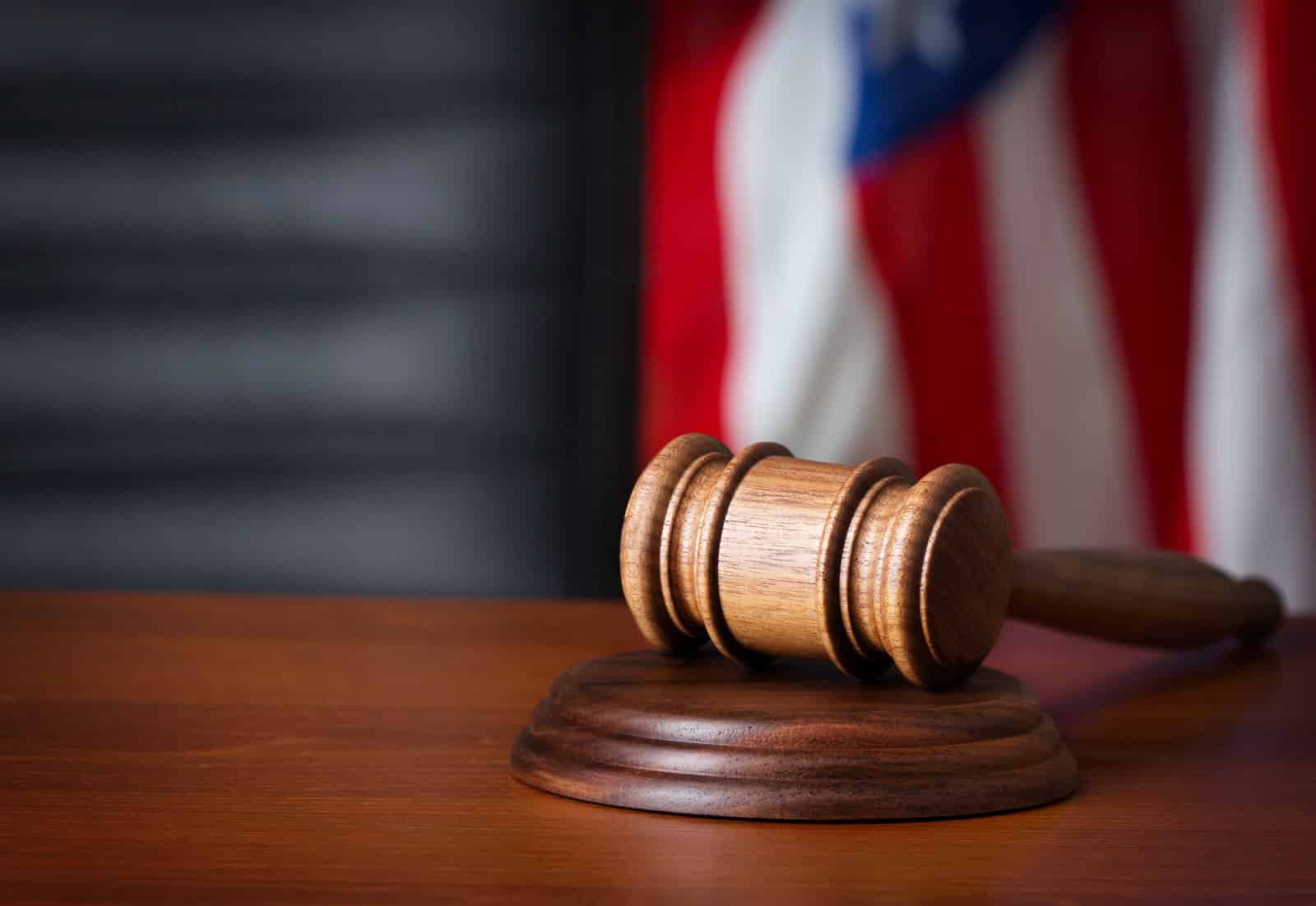
In the legal dispute, a 50-year-old supreme court case known as Miami Herald Publishing Co. vs. Tornillo suggests that just as newspapers have the right to decide what to publish, social media platforms may have similar rights to editorial discretion.
Common Carriers

The classification of social media companies as common carriers could impose new obligations on these platforms, similar to those faced by utilities and telecommunications firms, challenging their current content moderation practices.
Avoiding Liability

Big Tech’s resistance to being classified as publishers highlights their desire to avoid liability for content on their platforms, seeking the benefits of common carrier status without the associated responsibilities.
Far-Reaching Effects

In these cases, the Supreme Court’s decision could have far-reaching effects on digital free speech, potentially enabling or restricting government and corporate control over online content.
Potential Outcomes
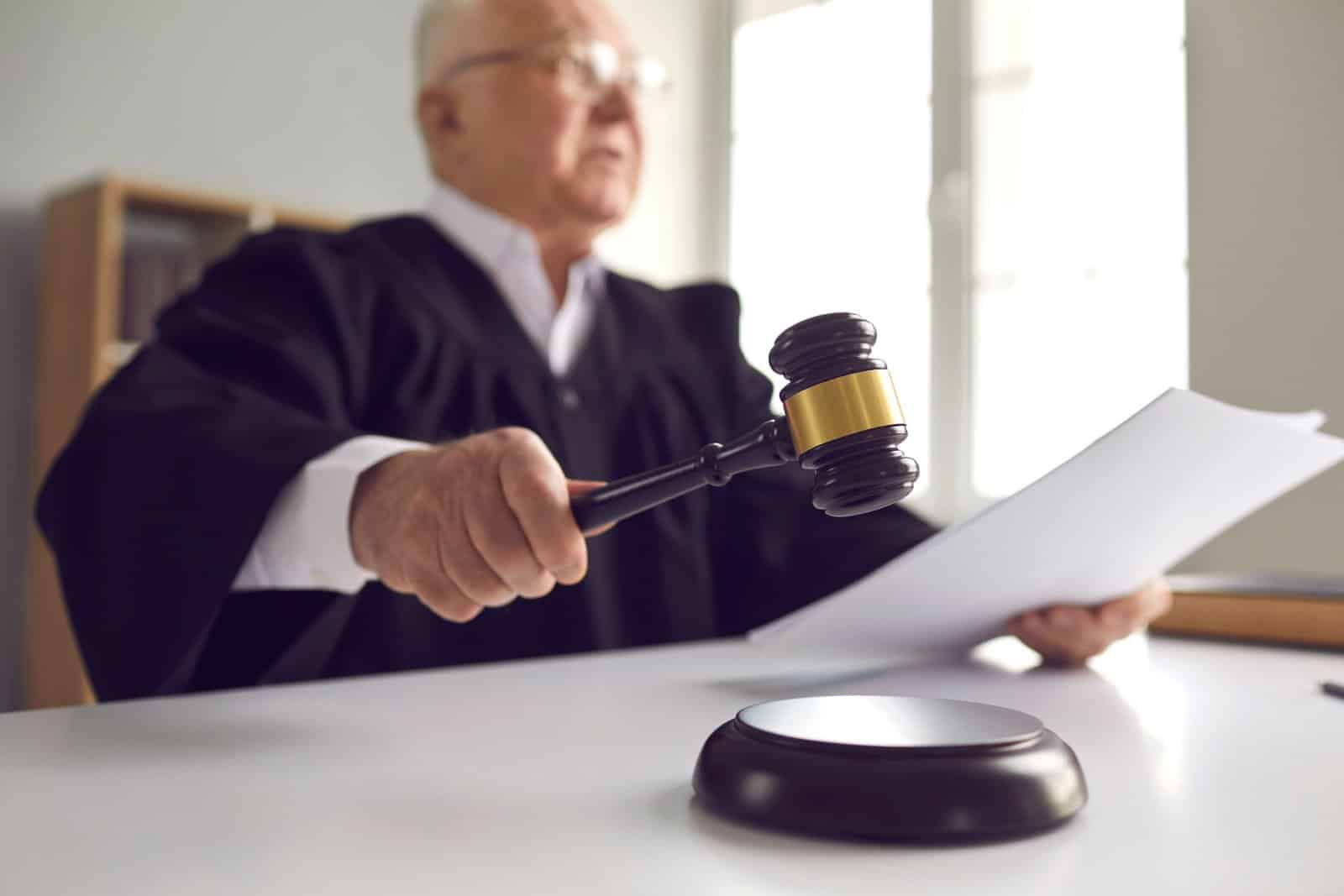
The Supreme Court’s ruling could either reinforce Big Tech’s editorial discretion under the First Amendment or impose new limitations on their ability to moderate content, with significant implications for online speech.
Biden’s New 401(k) Rule: Employers Frustrated as Retirement Planning Responsibilities Shift
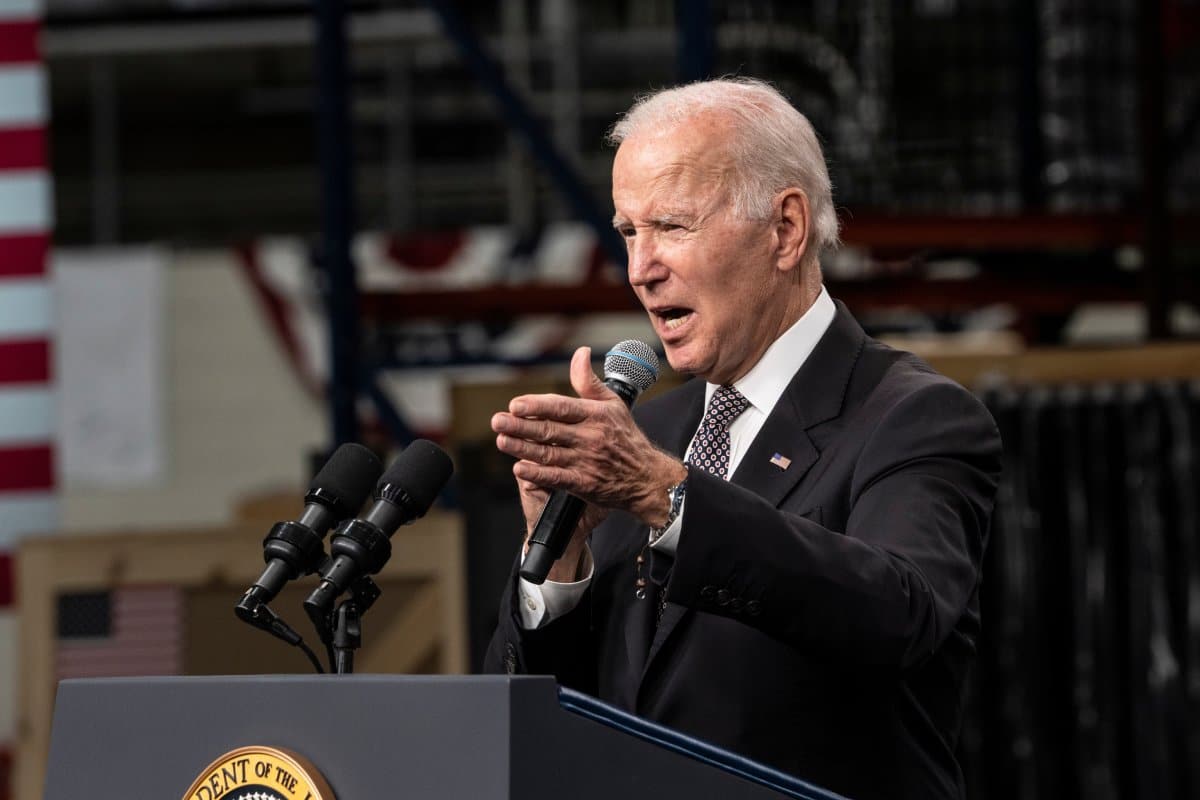
The latest Biden administration rule on 401(k) plans is reshaping how employers manage retirement plans. It’s a complex scenario requiring a fresh understanding of fiduciary duties and provider relationships. This rule aims to protect employees but also imposes new responsibilities on employers. Biden’s New 401(k) Rule: Employers Frustrated as Retirement Planning Responsibilities Shift
Elon Musk: New Immigration Bill ‘Enables Illegals to Vote’

Elon Musk is calling for prosecutions after the text for a new senate bill on immigration was released. Musk accused the new bill of “enabling illegals to vote.” Elon Musk: New Immigration Bill ‘Enables Illegals to Vote’
Colorado Officials Reject Sanctuary City Status, Warn Against ‘Dangerous Game’

With increasing numbers of migrants arriving in Colorado, public officials have rejected any notion of the state becoming a sanctuary for migrants and asylum seekers. Colorado Officials Reject Sanctuary City Status, Warn Against ‘Dangerous Game’
Disney Challenges DeSantis’ “Don’t Say Gay” Rule With a Hefty Lawsuit
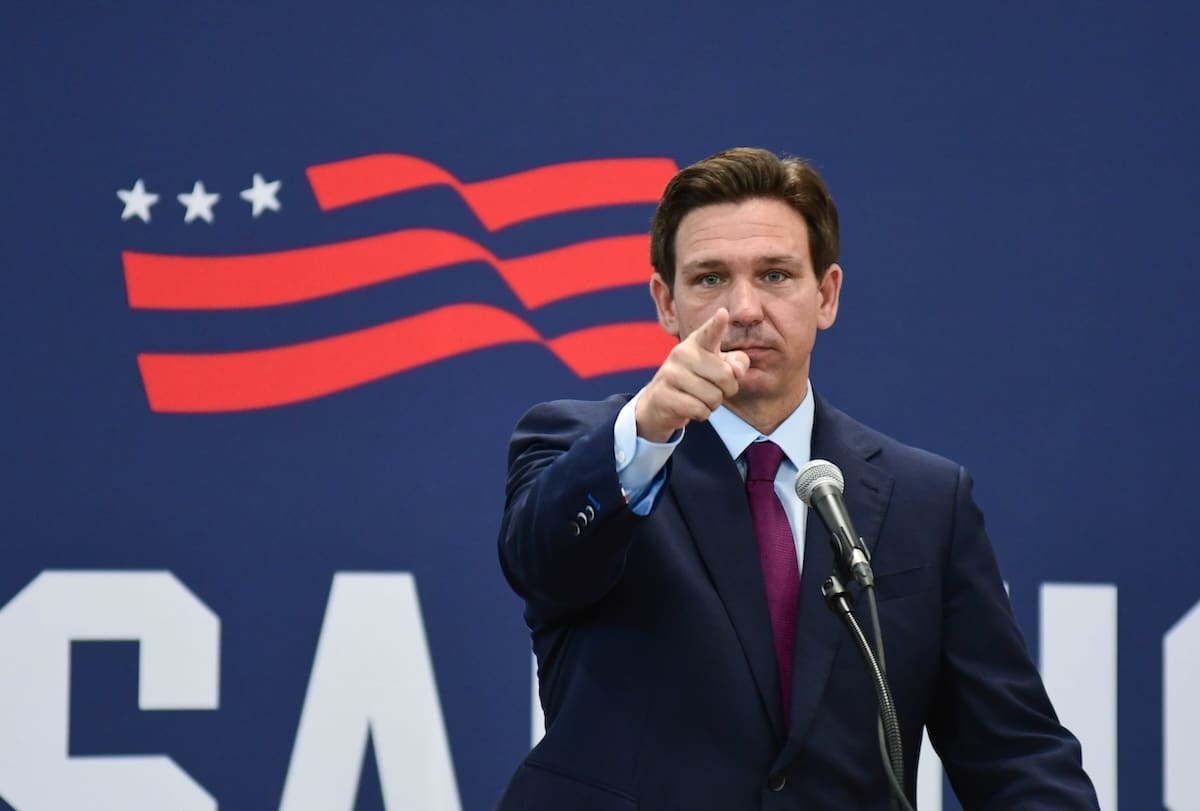
Disney is set to appeal its refusal for a lawsuit against Ron DeSantis, who stripped the company of its rights for disagreeing with the Governor’s views on the teaching of sexual orientation in classrooms. Disney Challenges DeSantis’ “Don’t Say Gay” Rule With a Hefty Lawsuit
Trump on the Attack as 21 Million Americans Flock to Obamacare, Biden Pushes Forward
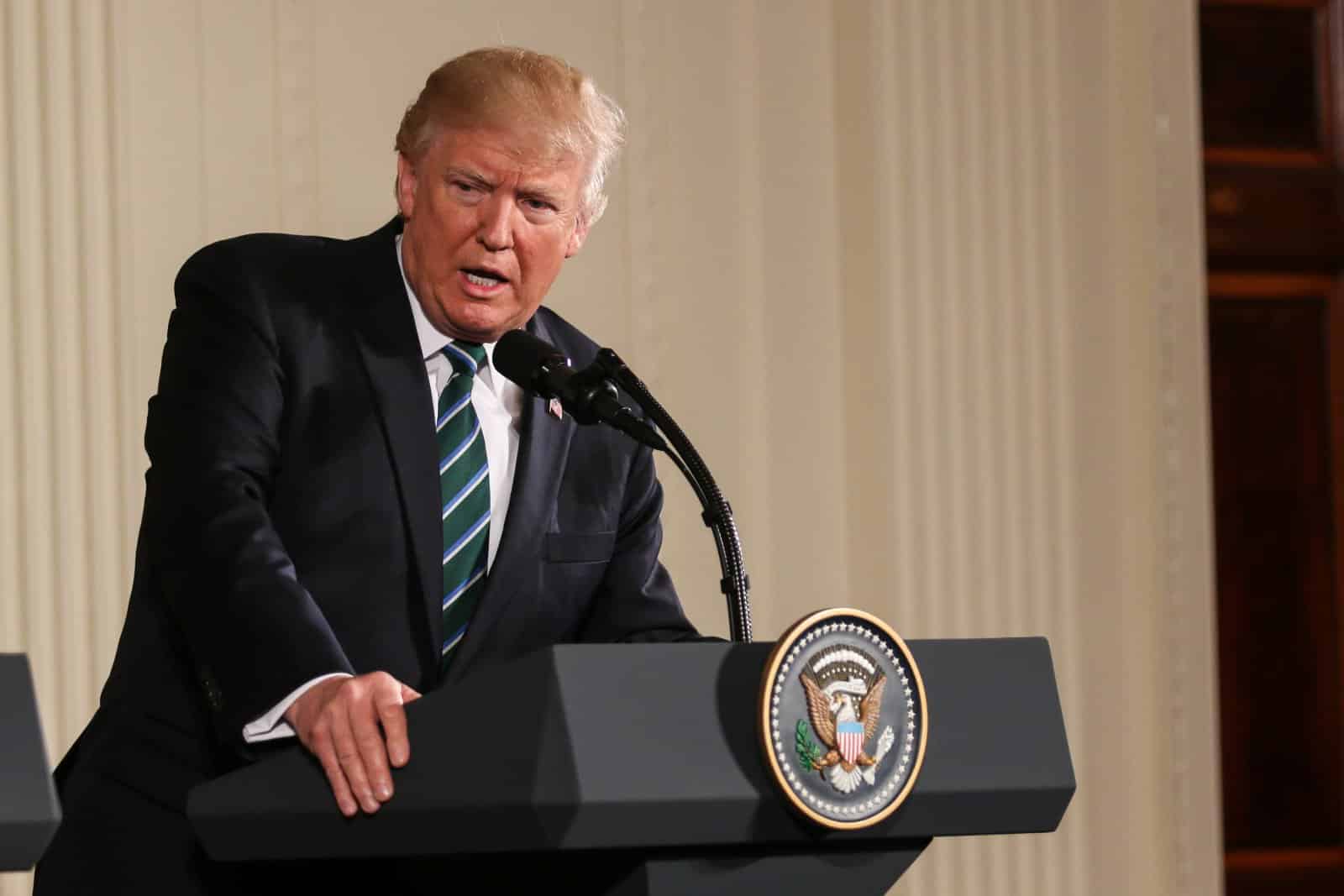
An unprecedented surge in health plan enrollments has reignited former President Donald Trump’s commitment to dismantling the program should he secure the GOP nomination once again. Trump on the Attack as 21 Million Americans Flock to Obamacare, Biden Pushes Forward
The post Supreme Court Weighs Big Tech’s Right to Censor in Landmark Free Speech Case first appeared on From Frugal to Free.
Featured Image Credit: Shutterstock / DavideAngelini.
The content of this article is for informational purposes only and does not constitute or replace professional financial advice.
